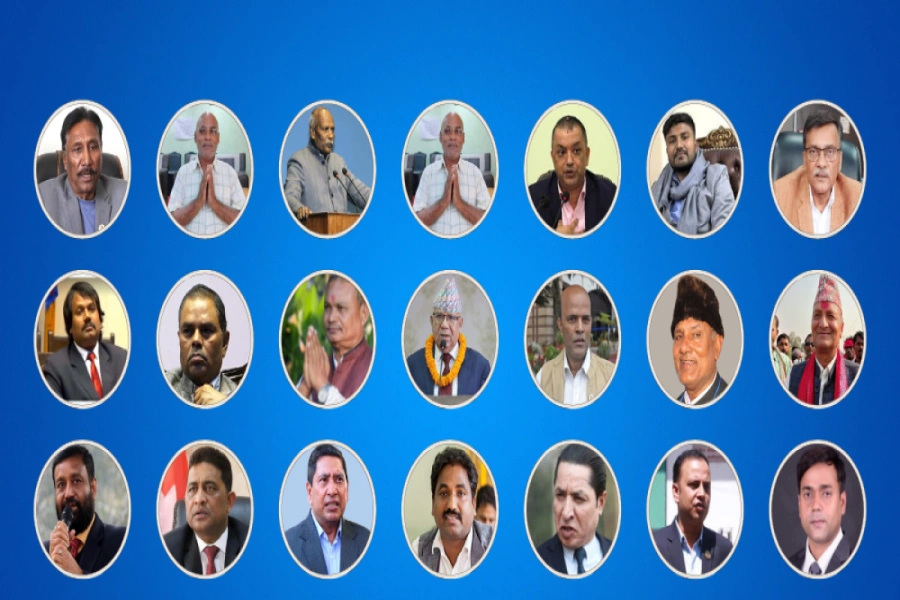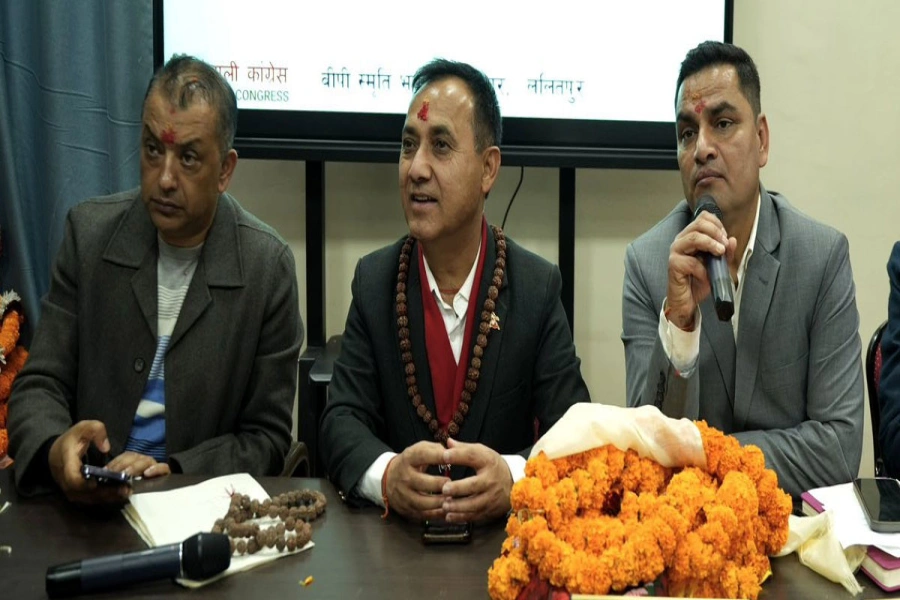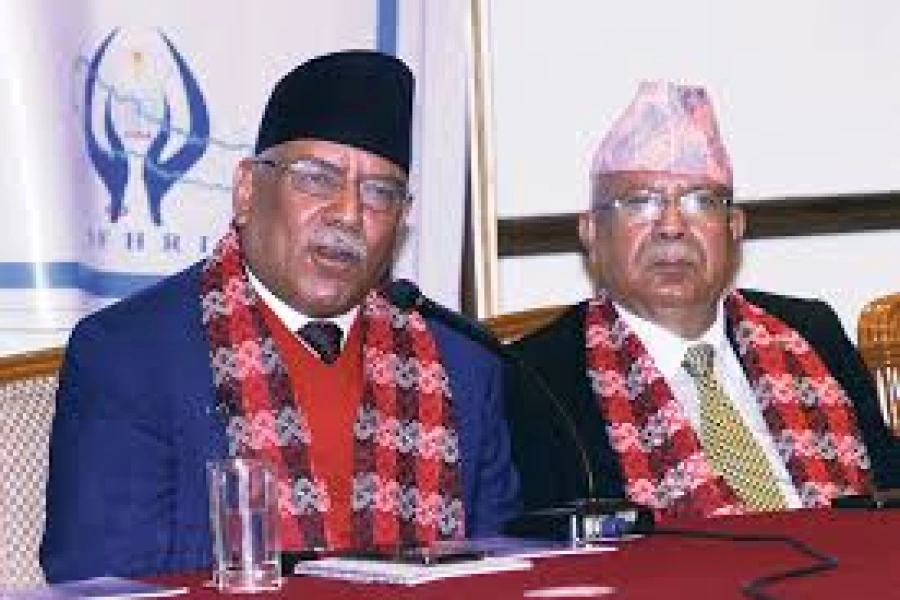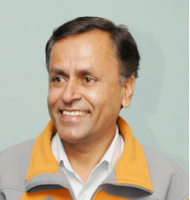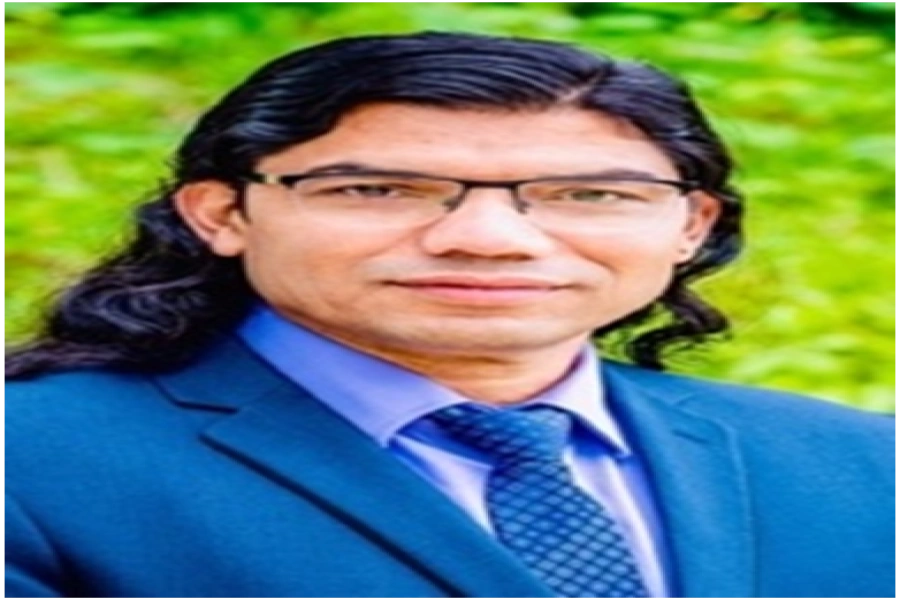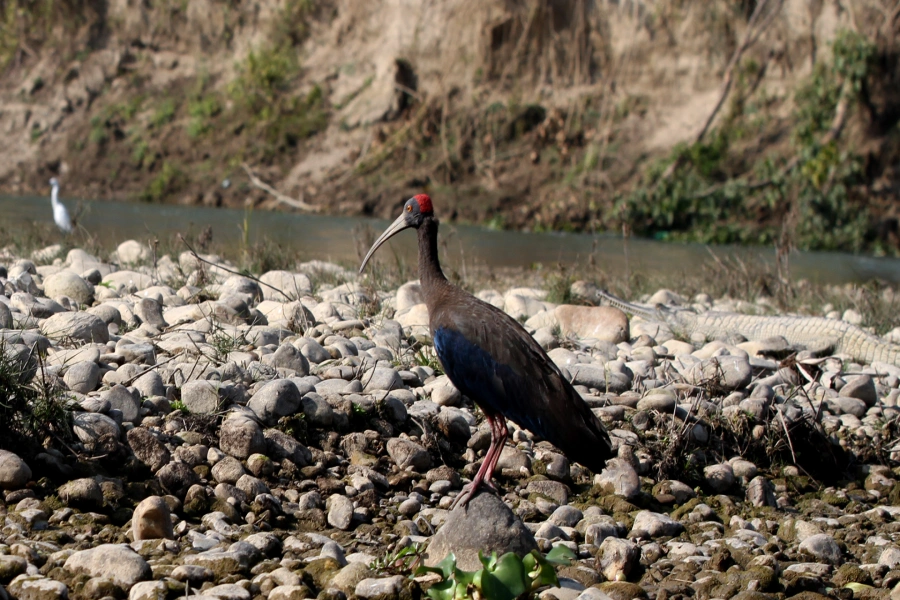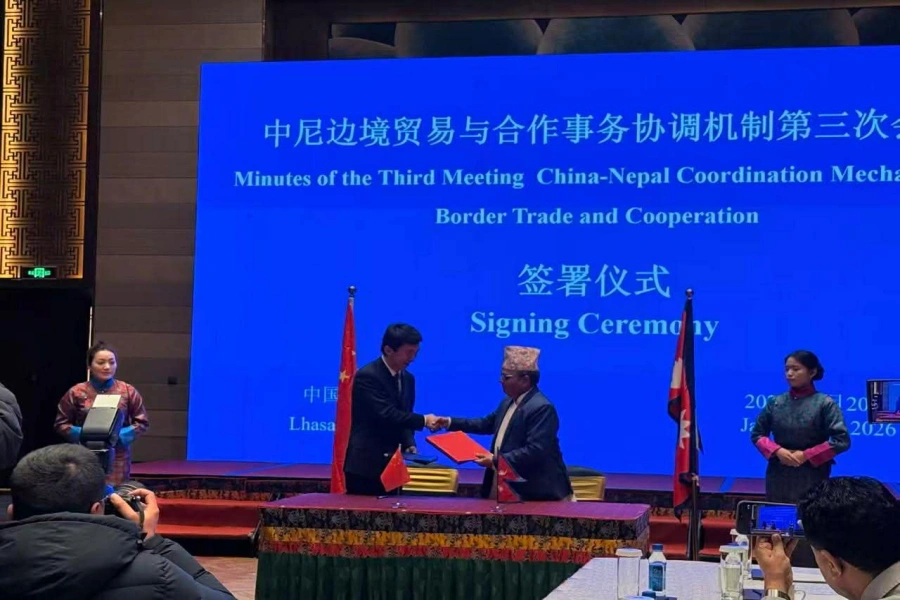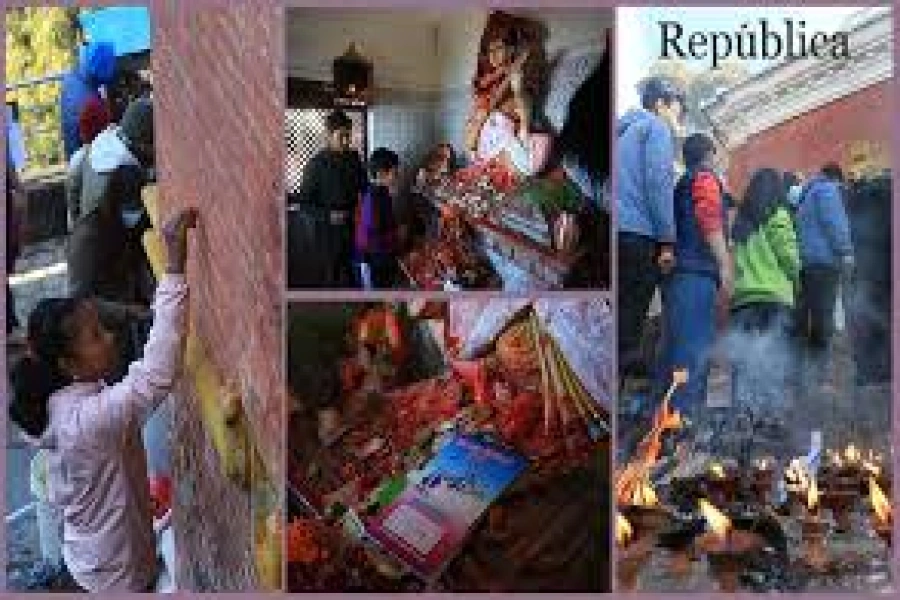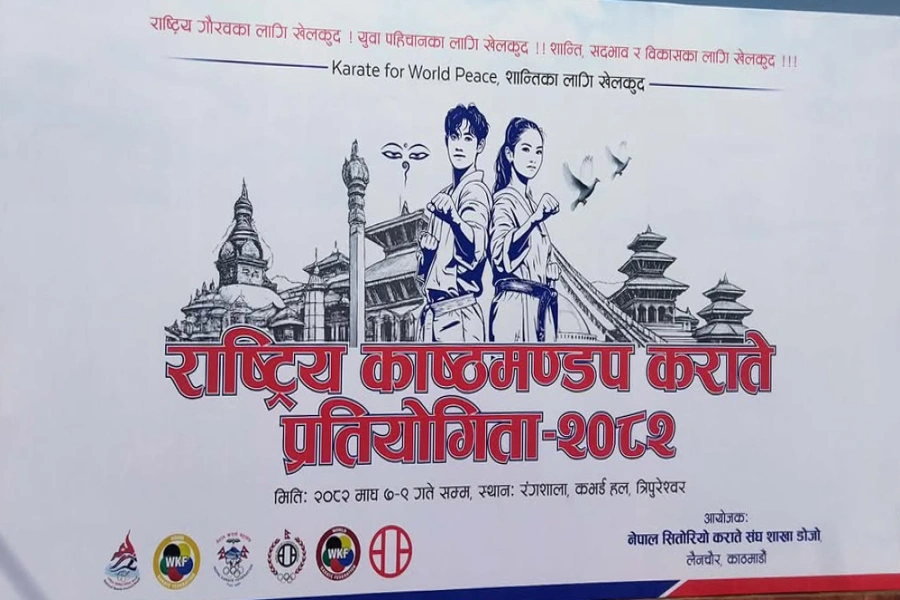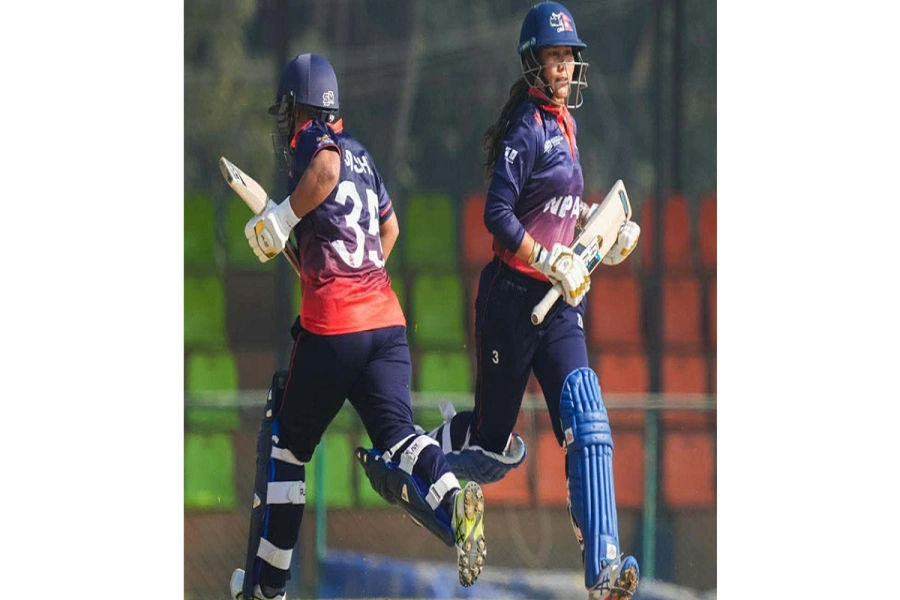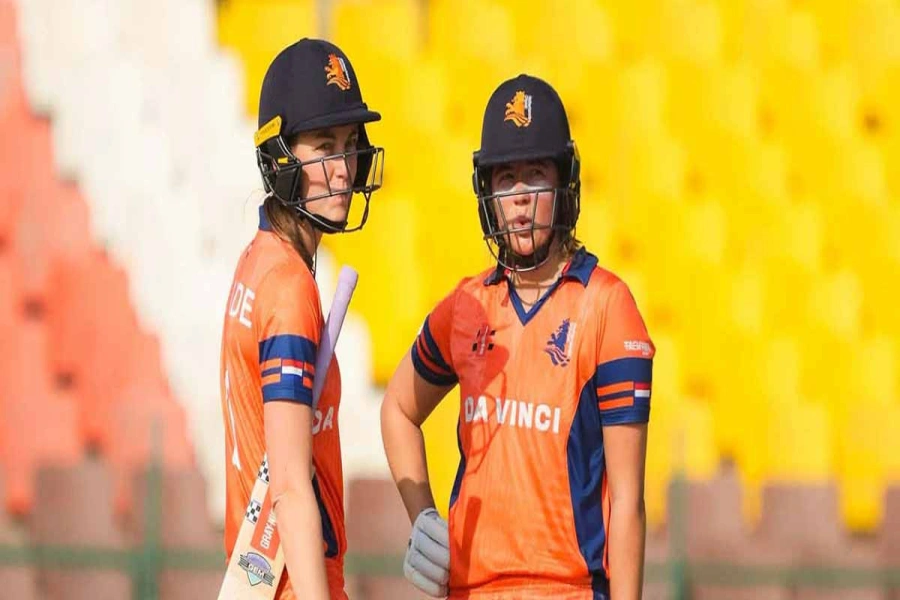Impunity has come to stay in Nepal because the peace process and the constitution-drafting process have been stalled in the past few years. Ensuring people their basic rights is intrinsically related to promulgation of a strong democratic constitution, which enshrines human rights of all. In addition, the justice mechanism has remained weak with the failure of the legislature-parliament to pass important legislations to guarantee protection of human rights. Although the government had registered two bills for the formations of Disappearances Commission and Truth and Reconciliation Commission in parliament in April 2010, the bills are waiting to be endorsed as no consensus hasbeen reached among the political parties. Most importantly, the rights violators are, more often than not, said to be protected by political parties themselves for petty political gains. The leaders have shown no respect towards human rights cause as evident by the recent appointment of Maoist leader Agni Sapkota to the rank of cabinet minister for information and communications. Sapkota is accused of being involved in the killing of one Arjun Lama in 2005.
Similarly, seven years after the brutal killing of Maina Sunuwar, the criminal proceedings against the accused Nepal Army personnel has not reached a satisfactory conclusion. That Maina’s family is still waiting for justice is a clear indication that judicial remedy for serious human rights crimes is a distant hope in Nepal. And Maina’s is just one case in point.
Human rights abuses resorted to by both the Maoists and the state security forces during the decade-long insurgency remains to see the light of the day. The Maoists are still resorting to extortions and vandalizing. The human rights situation in Tarai, where over 100 armed groups are active, too is grave. While the armed factions are practicing torture and killings, the police have allegedly killed suspects in fake encounters. As long as lawlessness persists, more groups will enjoy impunity and respect for human rights will be a distant dream.
UNFPA partners with the National Human Rights Commission to adv...





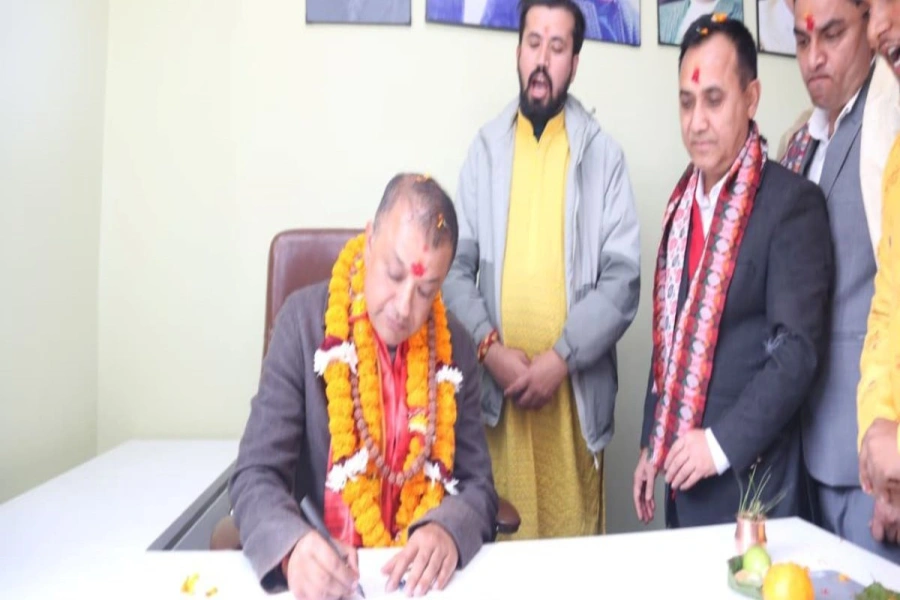
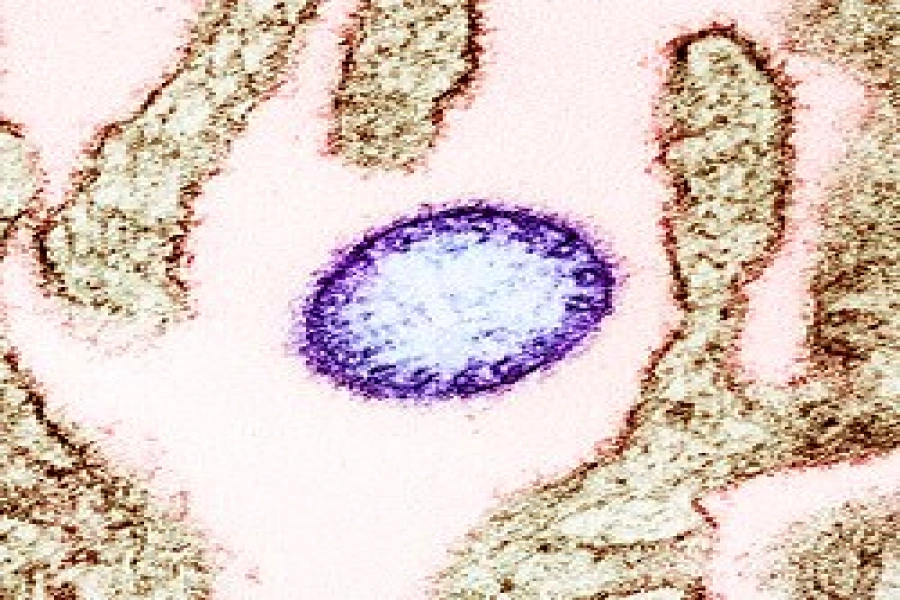



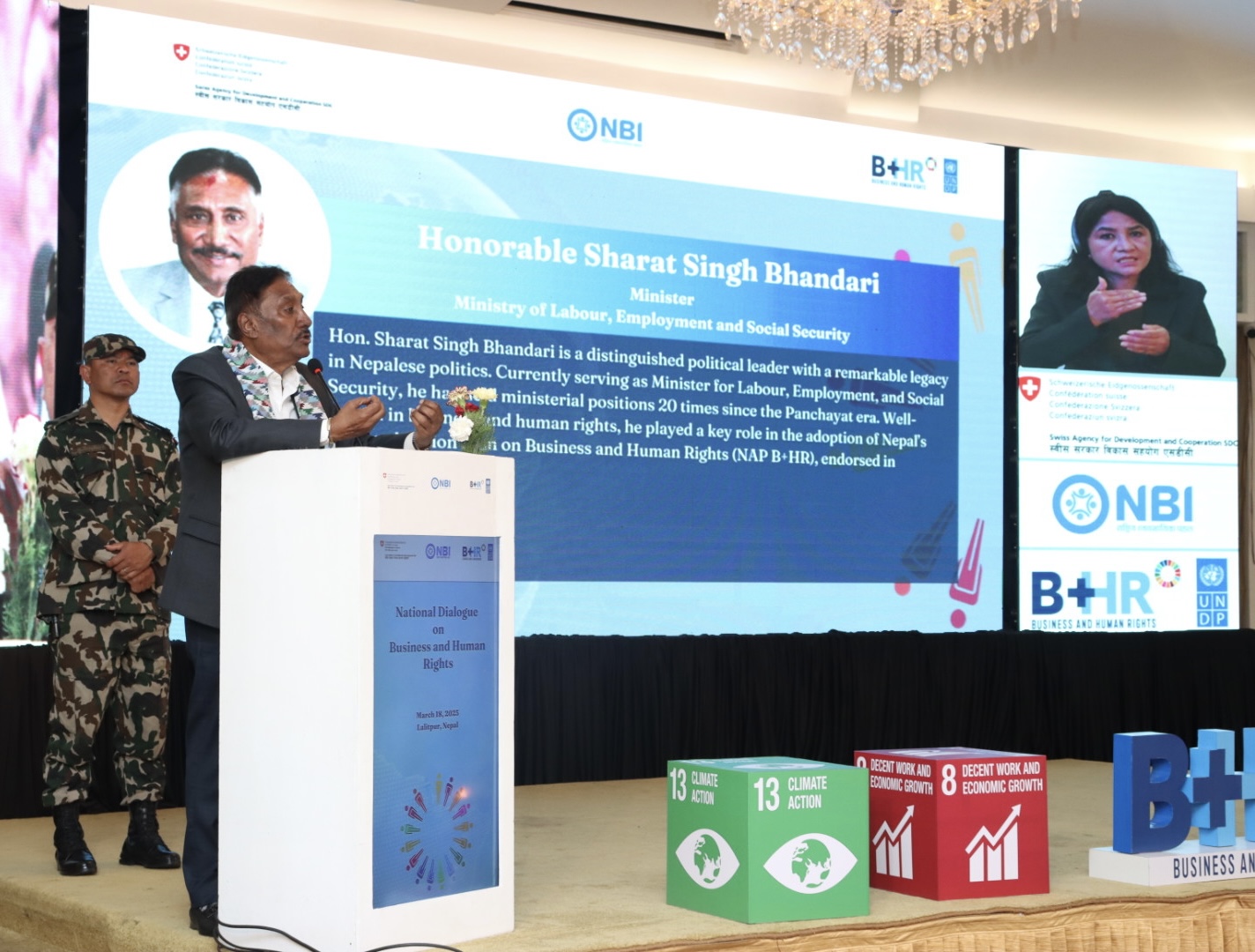
_20221219135433.jpg)





